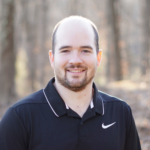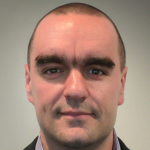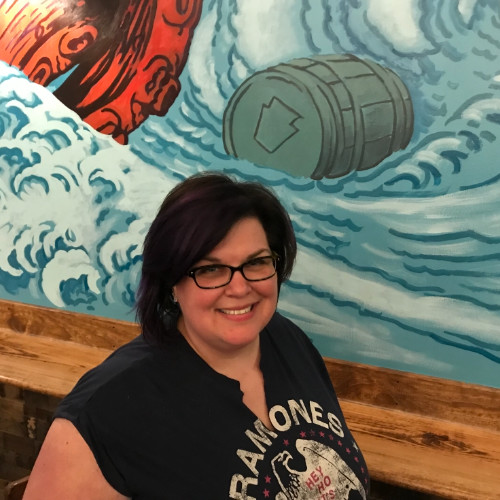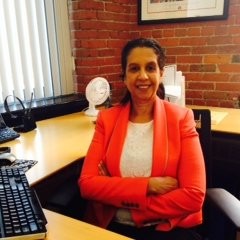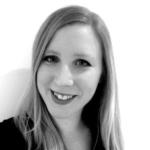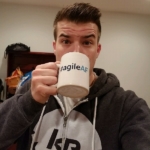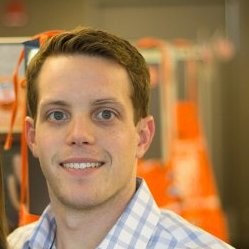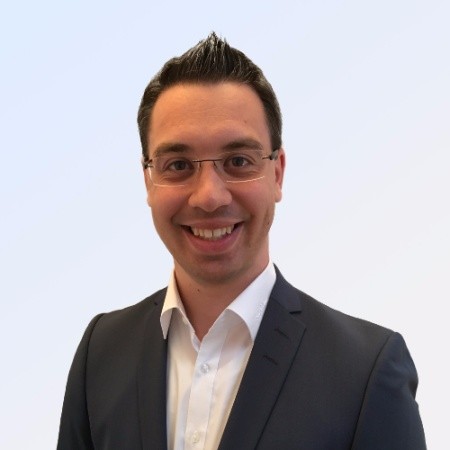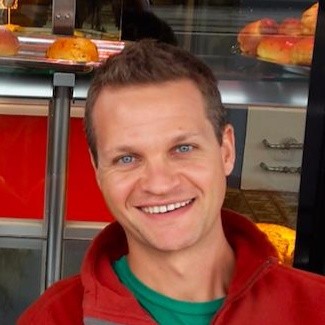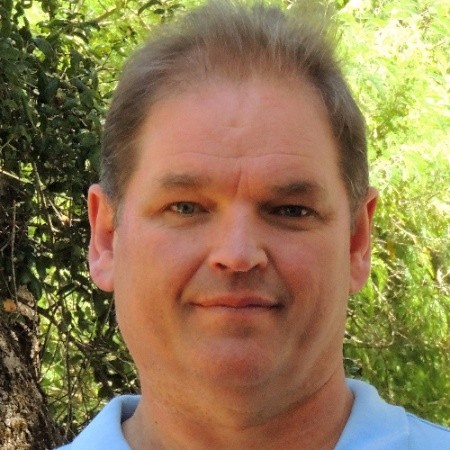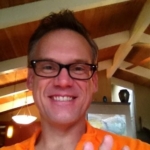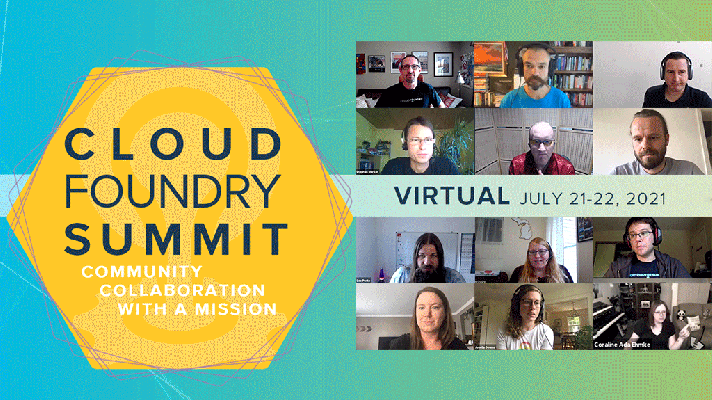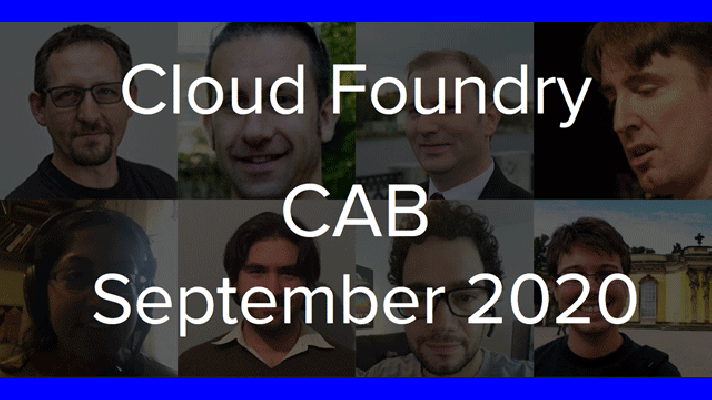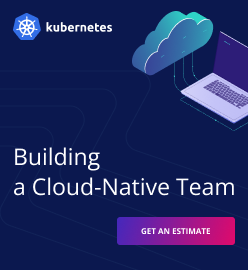Top Quotes from Cloud Foundry Summit North America 2019
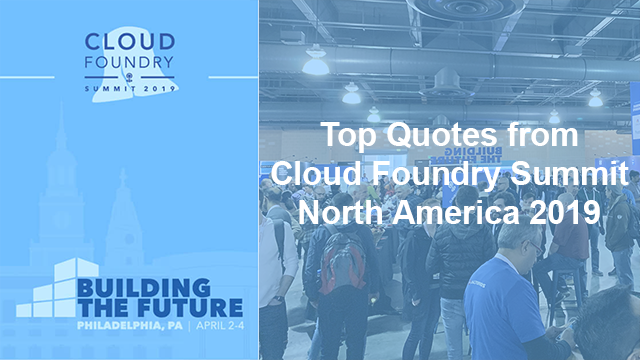
470,000 commits since 2015
At the beginning of the summit in Philadelphia, the Cloud Foundry Foundation announced the findings from its most recent Global Perception Study. The report noted that digital transformation is now the new norm, as majority of the companies included in the survey now put mission-critical apps in the cloud.
With the constant influence of Kubernetes, it was timely that the foundation announced that Project Eirini is finally passing core functional tests. This will only serve to strengthen the ongoing efforts to combine both Kubernetes and Cloud Foundry to get the best of both worlds.
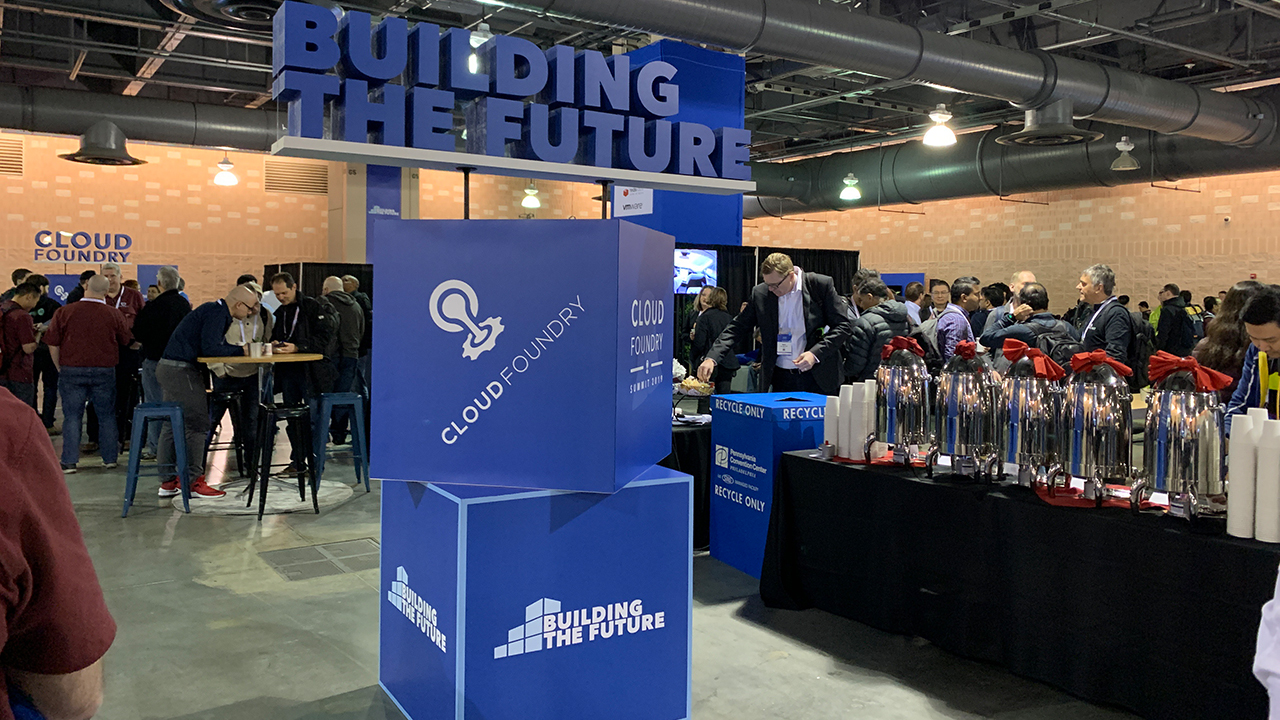 Exhibition booths at the summit (Image credit: Altoros)
Exhibition booths at the summit (Image credit: Altoros)During his keynote, Chip Childers provided some statistics for the Cloud Foundry ecosystem. According to him, there are 137 releases on average each year. In addition, there are over 5,000 releases, 470,000 commits, and 9,400 average commits per month since 2015. Abby Kearns also provided additional community numbers during her keynote: 59,400 commits, 3,973 pull requests, 3,160 contributors, and 40 active projects as of 2019.
While the Cloud Foundry Advisory Board (CAB) meeting for April was held right at the summit, there were plenty of other highlights throughout the conference. This included new user success stories, insights on diversity and inclusion, hands-on labs, and community members sharing their experience with the platform. Here we’ve collected some of the quotes that have made this year’s summit all the more memorable.
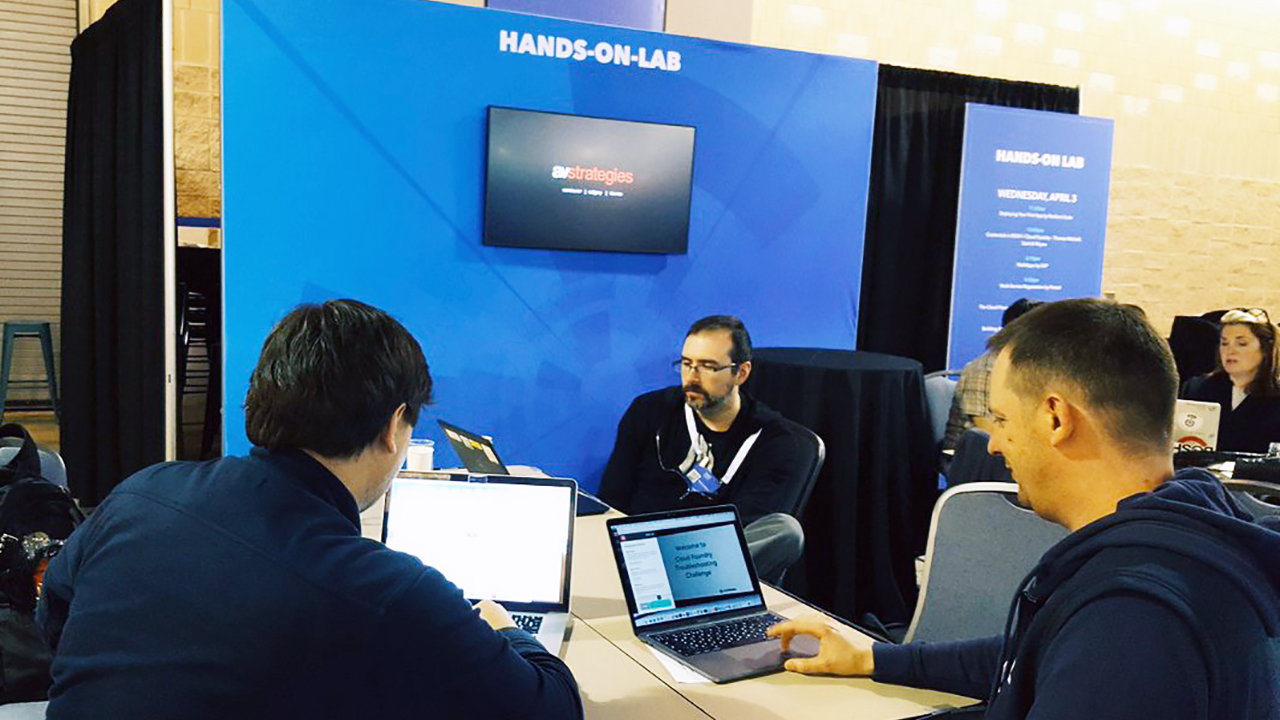 Hands-on lab on CF troubleshooting in progress (Image credit: Altoros)
Hands-on lab on CF troubleshooting in progress (Image credit: Altoros)
Digital transformation in figures
Adopting a new technology can be daunting, but when it all works out, it should be celebrated.
- “When there were a few misconfigurations during Black Friday, DICK’s was able to make changes and fix issues with no downtime and no impact to customers. And 1,000+ orders per minute isn’t too shabby, either.”
—Nick Belhumeur, DICK’s Sporting Goods - “We had an app that was failing every 10 minutes for months, which we didn’t realize, because Cloud Foundry was keeping it up.” —Jared Placek, DemandBridge
- “It was better to go with the SAP Cloud Platform and Cloud Foundry, because we don’t have to deal with the underlying technology details…It took us roughly 2–3 weeks to get our first Cloud Foundry app running in production.” —Matti Maier, c-Com
- “Last year, Schwab saw a 300% increase in apps running in production and even more in non-production. It’s an organic adoption from developers, finding it easier to use our platform based on Pivotal Cloud Foundry.” —Doug Coleman, Charles Schwab
- “We wanted to shift the way we were working. We needed to deliver quality apps to our athletes as fast as possible.” —Jay Piskorik, DICK’S Sporting Goods
- “At a small company, you can’t play around much. You have to deliver to you customer quickly and Cloud Foundry achieves that.” —Matti Maier, c-Com
- “I don’t even remember when the first app was deployed. It was non-event. No need to handhold product teams.” —Jay Piskorik, DICK’S Sporting Goods
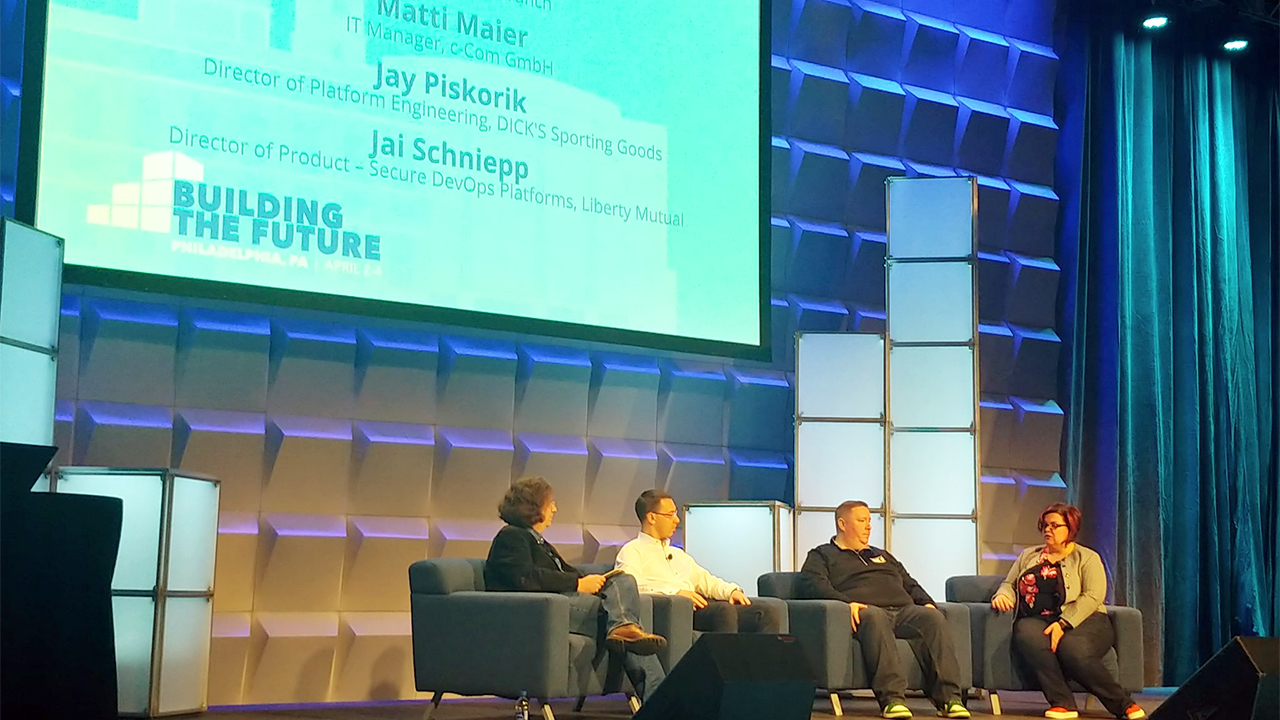 Frederic Lardiniois, Matti Maier, Jay Piskorik, and Jai Schniepp
Frederic Lardiniois, Matti Maier, Jay Piskorik, and Jai Schniepp(Image credit: Cloud Foundry Foundation)
Helping with adoption
Having a helping hand when it comes to learning new technology can make transitions go smoother. Here we have users sharing their Cloud Foundry experience with assistance from other community members.
- “The reason we chose Pivotal Cloud Foundry? Because it provides velocity, which produces direct business value to customers.” —Michael Grimshaw, Act-On Software
- “If you put together a good platform team and coordinate with your DevOps and operators, you will experience extraordinary velocity with Pivotal Cloud Foundry.” —Michael Grimshaw, Act-On Software
- “Getting the leadership team onboard was key, because a cultural change is a requirement.” —Michael Grimshaw, Act-On Software
- “What we wanted to solve was the process change, the culture change, and the ability to grow at scale. That’s what we’ve gotten with Pivotal Cloud Foundry. Also, the integration between the existing tools.” —Bhavani Yellapragada, Nasdaq
- “User acceptance is the ultimate test. Large-scale rejection from users is when there are too many user behavior changes required at once.” —Bryon Kroger, United States Air Force
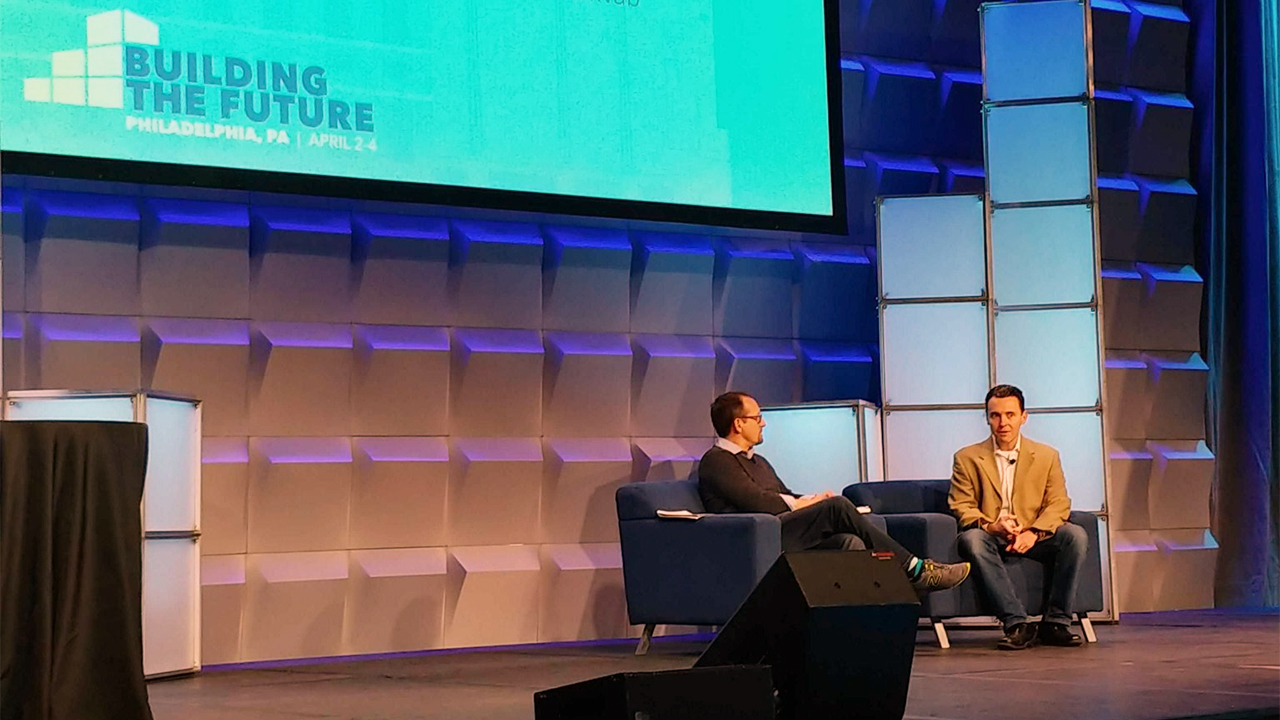 Chip Childers and Doug Coleman
Chip Childers and Doug Coleman(Image credit: Cloud Foundry Foundation)
Troubleshooting and security
Updating and fixing errors will always be part of software development. Here, we have users sharing their advice from firsthand experiences.
- “Failure is normal, error budget should be used.” —Hannah Foxwell, Pivotal
- “Metrics need to be user-centric and unambiguous.” —Hannah Foxwell, Pivotal
- “Pairing and CI/CD with Concourse are important tools that help (the Kessel Run project) to assure quality.” —Quynh Tran (Raytheon) and Bryon Kroger (United States Air Force)
- “Blameless postmortems: it’s not about who did it, it’s about what happened, how it happened, and how you’re going to fix it.” —Josh Ghiloni, Pivotal
- “Repave, repair, and rotate. This is something I’ve totally been geeking out about. Leveraging BOSH and Concourse, you can apply patches, rebuild platform, and rotate credentials all without downtime.” —Michael Grimshaw, Act-On Software
- “Security is more than just cool tools. What about compliance? Having a platform that makes it easy to integrate security features, that’s a big plus for us. Pivotal Cloud Foundry makes your life easier.” —Michael Grimshaw, Act-On Software
- “I love containers. I think they are brilliant. I just think you shouldn’t touch them most of the time.” —Julian Friedman, IBM
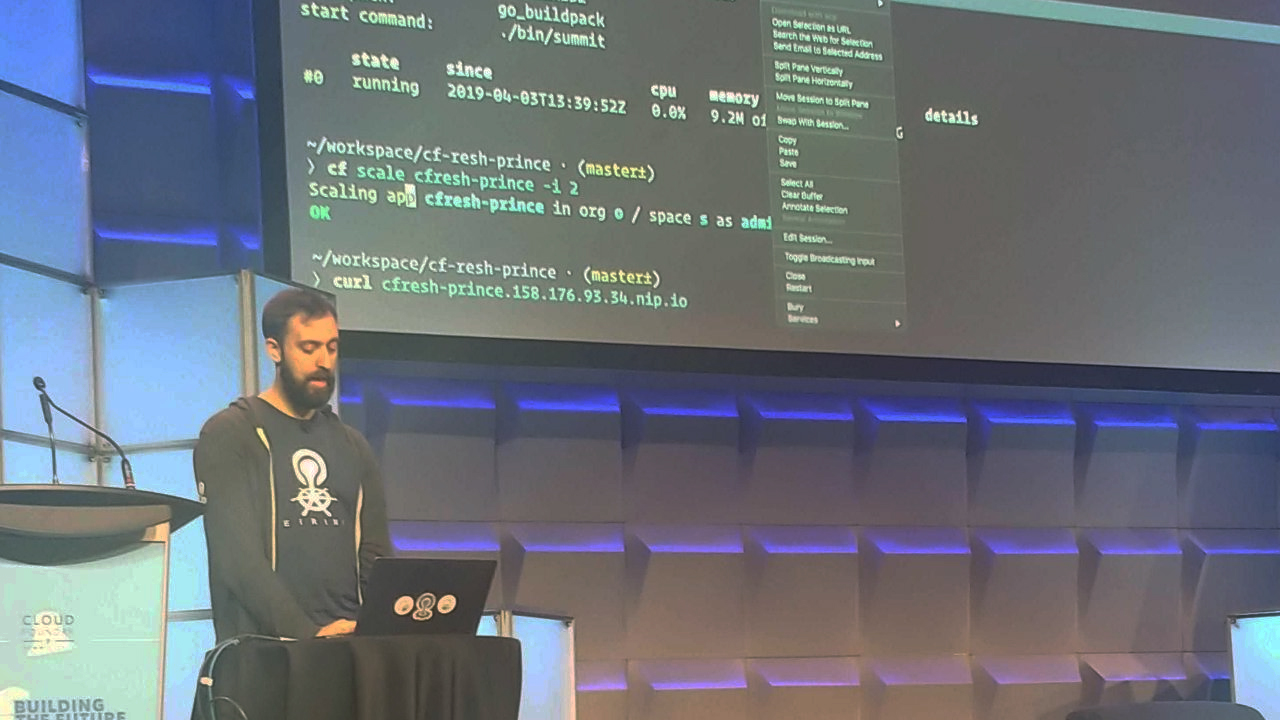 Julian Friedman
Julian Friedman(Image credit: Cloud Foundry Foundation)
Culture change
As always, digital transformation isn’t only about adopting new technologies, it’s also about changing processes, attitude, and culture at work.
- “Your culture is going to change with the tool. That’s been one of our greatest achievements. We now have many of our devs talking across groups and across the world. It’s making our API gateway a lot healthier.” —Don Fossgreen, West Corporation
- “The key to unlocking customer experience is the IT infrastructure. It’s less about the technology and more about the culture, and how we interact with the business.” —Rick Rioboli, Comcast
- “Adopt a methodology around continuous learning. Build a team and invest in it. The Home Depot has two campuses and 30 full-time instructors, as well as a mix of bootcamps and workshop programs.” —Anthony Gregorio, Home Depot
- “We’re all kayakers now, navigating the rapids of change. The quickest learners will be the biggest winners.” —Abby Kearns, Cloud Foundry Foundation
- “A lot of the product advancements you’ve seen come out in the last couple years is a result of a huge investment in becoming a product and technology company, not just an operational company.” —Rick Rioboli, Comcast
- “Trying to convince operators and our IT department that what we do is secure was our biggest challenge.” —Matti Maier, c-Com
- “Simply asking the question of ‘What problems are you having?’ and then bringing in the teams needed to solve that problem has been one of the dramatic shifts since working with Pivotal Cloud Foundry.” —Jai Schniepp, Liberty Mutual
- “Empathy is key.” —Jai Schniepp, Liberty Mutual
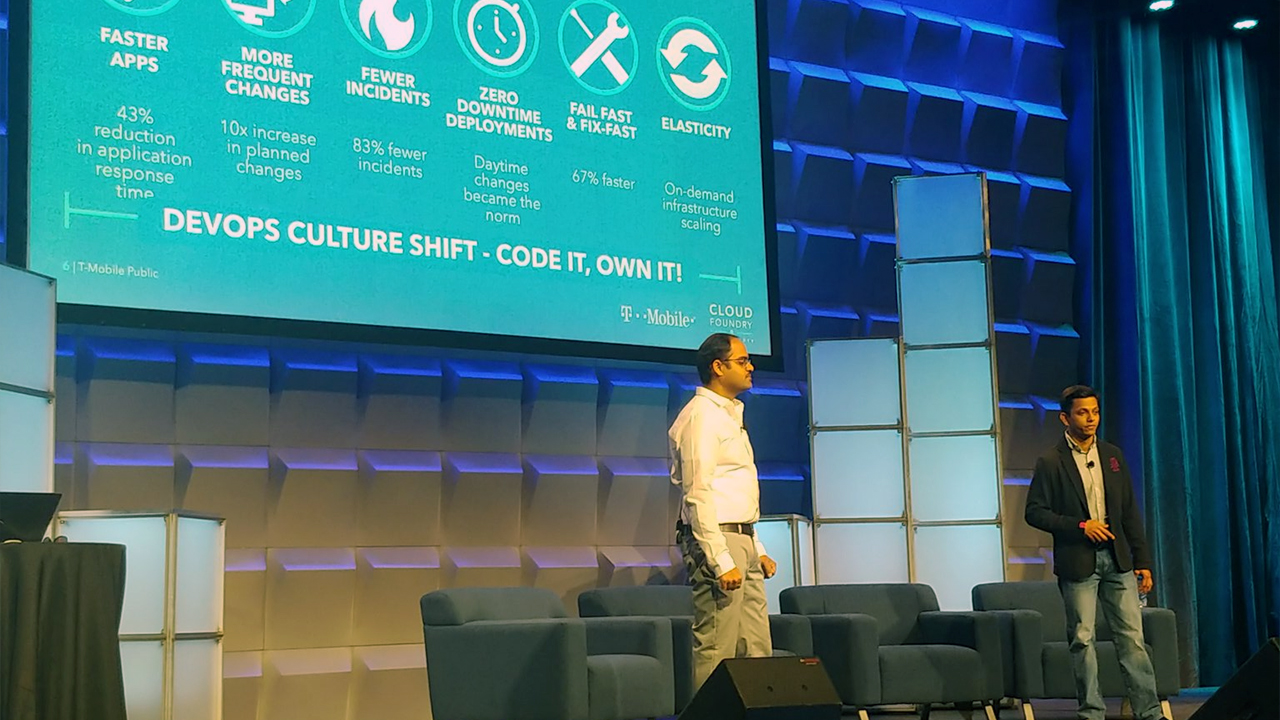 Karun Chennuri and Ramesh Krishnaram
Karun Chennuri and Ramesh Krishnaram(Image credit: Cloud Foundry Foundation)
Diversity and inclusion
Similar to the previous summit in Basel, diversity was also a highlight this time—with various speakers discussing their unique experiences in the workplace and sharing their own insights. This year, the Diversity Luncheon was moderated by Caitlyn O’Connell.
- “The best workers and users will not fit your default.” —Raquel Breternitz, Pivotal
- “In an interview, you don’t ask a carpenter how they feel being a carpenter. You ask them to show you a chair they built. So, why would you ask someone how it feels to be a woman engineer?” —Graham Siener, Pivotal
- “We all have permanent, or temporary, or situational disability. We will all need accessibility, now or later.” —Raquel Breternitz, Pivotal
- “Parenting is not an employment gap.” —Graham Siener, Pivotal
- “As women, we have to spend a lot of energy on navigating stereotypes. It’s unfair that we’re always having to decide whether to actually do the things we want to do or stick to the middle of the road. Understanding context is key.” —Cornelia Davis, Pivotal
- “It is not enough to just build accessible software. It is important to make everything accessible and inclusive.” —Raquel Breternitz, Pivotal
- “We should endeavor to listen to everyone, not just the loudest people in the room.” —Denise Yu, Pivotal
- “You need to leave your office, leave your comfort zone and go talk to people to validate your beliefs.” —Denise Yu, Pivotal
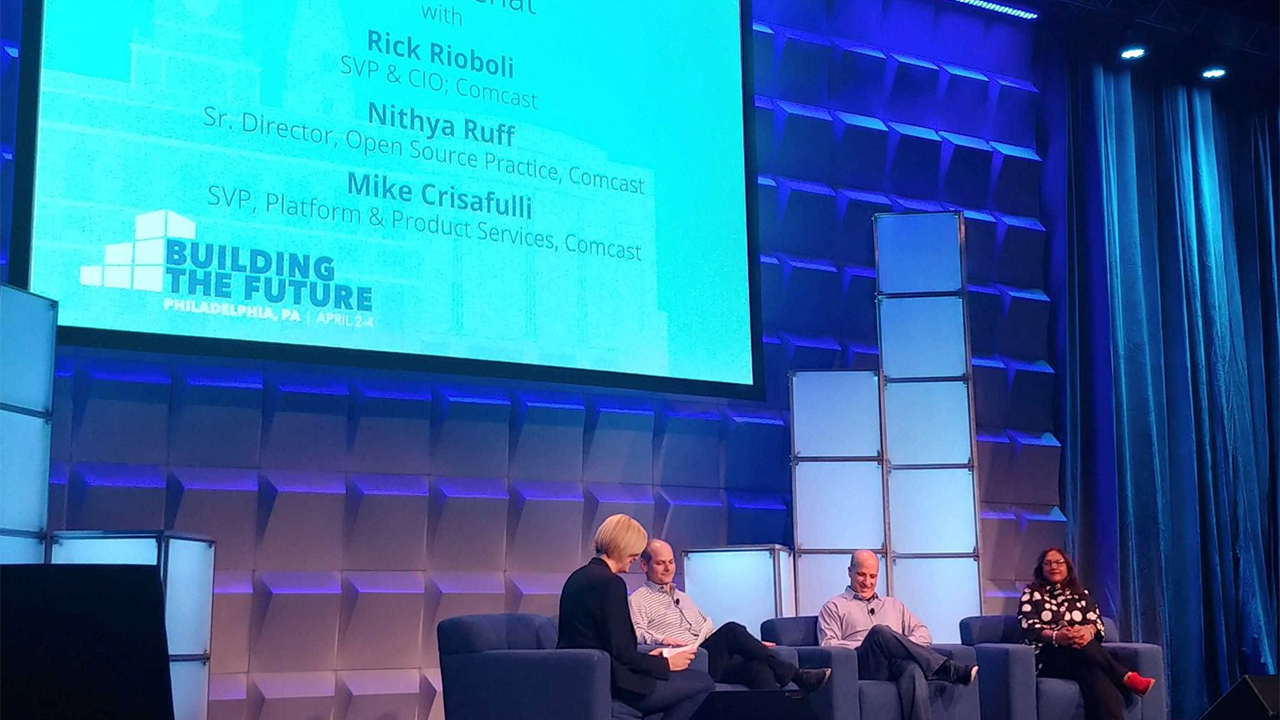 Abby Kearns, Rick Rioboli, Mike Crisafulli, and Nithya Ruff
Abby Kearns, Rick Rioboli, Mike Crisafulli, and Nithya Ruff(Image credit: Cloud Foundry Foundation)
Tips and tricks
Cloud Foundry has an amazing community with helpful organizations and individuals eager to share their knowledge and experiences.
- “You have to identify big blockers and put executives on these to solve these problems. Capital isn’t just money, it’s also relationships.” —Terry Miles, West Corporation
- “When it comes to things for your devs to worry about, it’s probably not about the code (or the platform, it usually just works).” —Jason Nash, West Corporation
- “Involve information security in your proof of concept, be ready to support CI/CD transformation, and have a plan for up-skilling your company (Ops, QA, etc.). Automation is not optional!” —Don Fossgreen, West Corporation
- “Serverless is a forcing function for good architectural design in the same way Cloud Foundry and Heroku are a forcing function for building 12-factor…No one asks about serverless, because they want to go faster. Everyone asks about it for better hardware utilization. So, it’s a billing model.” —Daniel Jones, EngineerBetter
- “Replatforming requires CI/CD, monitoring, and a cloud strategy.” —Terry Miles, West Corporation
- “People want that constant feedback loop, and if they don’t get it from you, they will go somewhere else.” —Jay Piskorik, DICK’S Sporting Goods
- “Find ways to break down silos.” —Jai Schniepp, Liberty Mutual
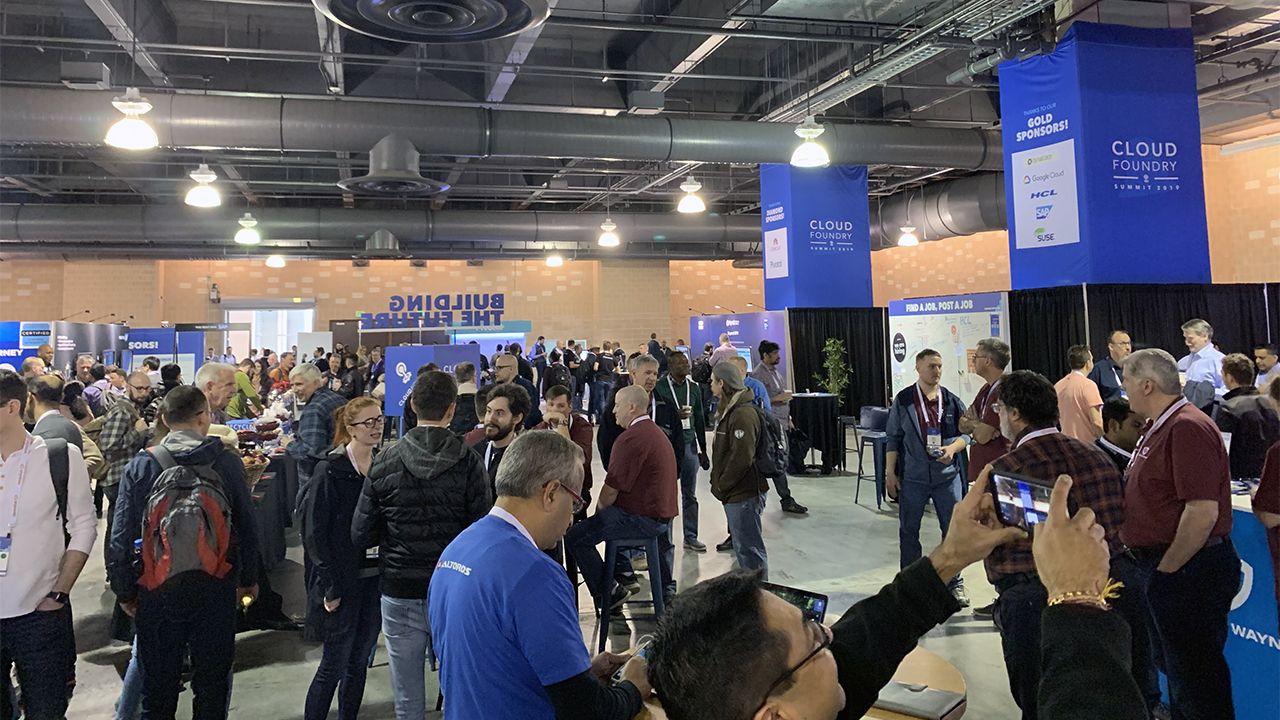 Sponsor area (Image credit: Altoros)
Sponsor area (Image credit: Altoros)At the conference’s conclusion, the most prevailing ideas included the future of Cloud Foundry and Kubernetes, now that Project Eirini is in the picture. Hopefully, we’ll know more at the next summit, which will be held in Hague, Netherlands, on September 11–12, 2019.



